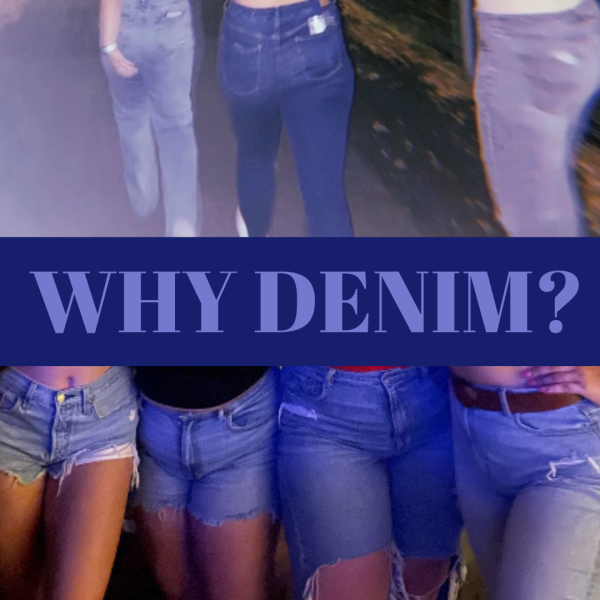Published 2008-11-21T00:00:00Z”/>
Megan Wilson
The winter holiday season, as we know it, has grown past the point of salvation. But it’s nothing to worry about.
The cycle of mass consumerism has become almost comforting. Promptly after Nov. 1, obnoxiously cheery Christmas music is piped through the speakers of retail establishments and candy canes – which now come in an array of colors – line the shelves.
Love it or loathe it, that’s the way things are.
The only dilemma bigger than the obligation to buy a gift for everyone we’ve ever met remains in how to pay for it all – paper or plastic. Here’s a hint: Go ahead and put it on the card, running up some debt is how we roll. Plus, it stretches the joy of gift giving for an extra 18 to 24 months, as you continue to get bills in the mail.
Sucked into a vortex of shopping bags, family photos and another excuse to eat and drink excessively, it could be argued that the holidays have lost their meaning. Although our culture has a propensity to love things to death, those pastimes are not necessarily gone forever.
American customs differ from many other countries such that our tradition lies in the ability to evolve and adapt with time. And as a result, we’ve made Christmas and Thanksgiving into an extension of who we are as a society: a little shallow, but a lot of fun.
Our hearts are in the right place, so who cares if we’ve strayed from the roots of some of our holidays? It’s probably better that way, actually. At least as far as Thanksgiving is concerned – mass murder is generally frowned upon.
However, conservative groups such as the American Family Association and the Catholic League have declared that any secular sentiments uttered around the holiday season are indicative of a “war on Christmas.” The latter has threatened boycotts of retail stores that say generic “holiday” greetings, The Associated Press reported. And the former began selling “It’s OK to say ‘Merry Christmas'” buttons – in October.
Having worked in retail during the hectic holiday season, I frequently found myself wondering about the rationality of anyone who became extremely militant about Christmas greetings. Turns out that there is, in fact, more than one holiday during December.
In contrast to those groups, the American Humanist Association has launched a series of advertisements on the side of buses in Washington, D.C. The $40,000 campaign includes slogans that say, “Why believe in a god? Just be good for goodness’ sake.”
The humanists describe the movement as “a progressive philosophy of life that, without theism, affirms our responsibility to lead ethical lives of value to self and humanity,” according to the AP.
The answer to our holiday-related woes rests somewhere between the two extremes.
Although 92 percent of Americans said they believe in the existence of God or a universal higher power, only 58 percent said religion is “very important” in their lives, and when it came to church at least once a week, the numbers dropped to a dismal 39 percent, according to a survey by the Pew Research Center.
So why are we desperately clawing to keep religion in our holidays? Christmas has transcended its theist constraints and made its way into mainstream American culture. The influence of the holiday has spread to the day after Halloween – to regress at this point would be nearly impossible. It also makes Christmas the longest birthday party. Ever.
Those who wish to maintain the religiosity of winter holidays, you go right ahead. But just keep in mind that when it comes to celebrations, the more the merrier.
Megan can be reached at<a href= “mailto:[email protected]”>[email protected]</a>













